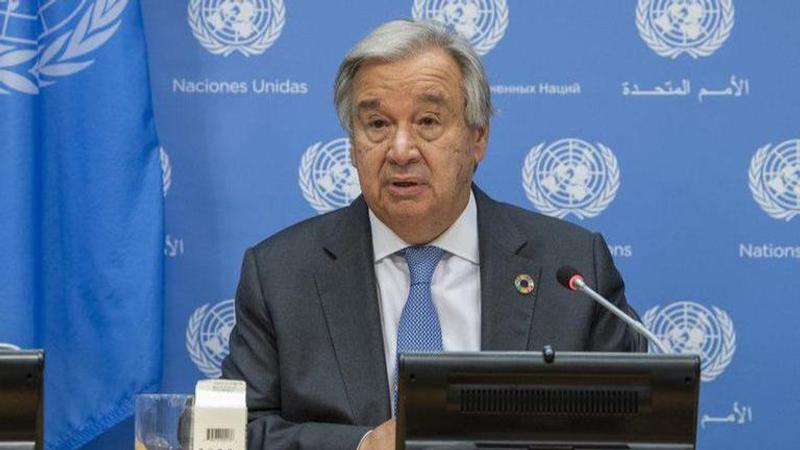Published 06:44 IST, October 21st 2020
UN Chief Guterres: Sahel microcosm of cascading global risks
Twenty-four donors pledged nearly 1.7 billion US dollars to scale up life-saving humanitarian aid to millions of people in Burkina Faso, Mali and Niger, at a high-level ministerial conference on the Central Sahel on Tuesday.

Twenty-four donors pledged nearly 1.7 billion US dollars to scale up life-saving humanitarian aid to millions of people in Burkina Faso, Mali and Niger, at a high-level ministerial conference on the Central Sahel on Tuesday.
Once released, the funds will help some ten million people for the remainder of this year and through 2021 with nutrition and food, health services, water and sanitation, shelter, education, protection and support to survivors of gender-based violence.
Speaking from New York at the virtual conference, UN Secretary-General António Guterres said the Sahel was a "microcosm of cascading global risks converging in one region," and served as a "warning sign for us all requiring urgent attention and resolution."
The UN chief said the situation in the region was at breaking point, with record-level humanitarian needs, a deteriorating security situation and rising violence affecting women and girls in particular.
People living in the border region between Mali, Burkina Faso and Niger are now at an epicentre of conflict, poverty and climate change.
More than 13 million people in the region need humanitarian assistance. The number of people facing acute hunger has tripled over the past year to reach 7.4 million.
Some 1.5 million people are internally displaced - a twentyfold increase over two years. Lockdowns and other COVID-19 prevention measures have pushed an additional six million people into extreme poverty.
Guterres appealed for 2.4 billion US dollars to cover the remaining months of 2020 and provide emergency assistance through 2021 in the Central Sahel. He said long-term solutions would come through sustainable development, good governance, and equal opportunities for all, but noted that this wouldn't happen overnight. He stressed that the international community, however, could prevent the crisis from growing deadlier and costlier in the future.
Updated 06:44 IST, October 21st 2020




